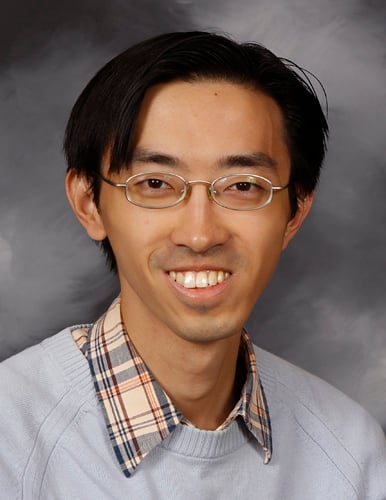The Graduate School is pleased to announce Finishing Fellowship recipients for the fall and spring semesters. Finishing fellowships provide support to PhD candidates who are close to completing their degrees. These fellowships are available through the generosity of alumni and friends of the University. They are intended to recognize outstanding PhD candidates who are in need of financial support to finish their degrees and are also contributing to the attainment of goals outlined in The Michigan Tech Plan.
Recipients for fall 2011 were:
- Irfan Ahmed, PhD candidate in Electrical Engineering
- Surendar R. Dhadi, PhD candidate in Biological Sciences
- Neluka K. Dissanayake, PhD candidate in Engineering Physics
- Shu Wei Goh, PhD candidate in Civil Engineering
- Amber M. Roth, PhD candidate in Forest Science
Recipients for spring 2012 are:
- Zeyad T. Ahmed, PhD candidate in Environmental Engineering
- Kefeng Li, PhD candidate in Biological Sciences
Charles L. Lawton Endowed Fellowship - Saikat Mukhopadhyay, PhD candidate in Physics
- Zhiwei Peng, PhD candidate in Materials Science and Engineering
Doctoral Finishing Fellowship - Lindsey M. Shartell, PhD candidate in Forest Science
Neil V. Hakala Endowed Fellowship
Nominations are currently open for summer 2012 finishing fellowships. Materials are due no later than 4pm, March 14th. See complete details online about the application and review procedure.
